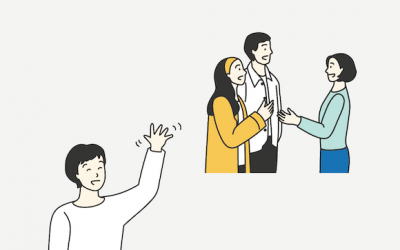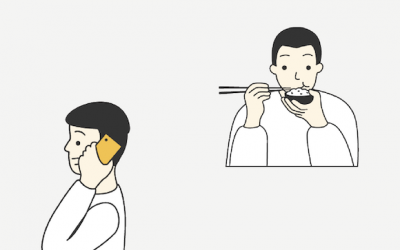The Most Interesting Ways to Say Goodbye in Chinese
“Goodbye” is a word that people use on a daily basis. Generally speaking, there are several ways to say goodbye in every language, and Chinese is no exception. In this article, you will have an opportunity to learn to say goodbye in Chinese in five different ways.

1. Zàijiàn!
再见
Zàijiàn!
Goodbye!
再见 (zàijiàn) is the most basic word that people use to say goodbye in Chinese. In this word, 再 (zài) means “again”, and 见 (jiàn) means “to meet”. Hence, the literal meaning of this word is “to see you again”. 再见 (zàijiàn) can be used in both formal and informal situations, which means you can hear this word on a regular basis in Chinese people’s daily lives.
2. Yīhuìr jiàn!
一会儿见 !
Yīhuìr jiàn!
This is another popular phrase that can be used to say goodbye in Chinese. 一会儿 (yīhuìr) means “soon/later”. Therefore, this phrase can be considered equivalent to the English phrase “see you later” in terms of its meaning. In Chinese, 一会儿见 (yīhuìr jiàn), as its literal meaning suggests, can be used when you are going to see the same person again in a short time. Meanwhile, the structure 一会儿 (yī huìr) + verb” will come in handy if you want to express that you are going to do something soon.
EXAMPLE:
我一会儿去商店。
Wǒ yīhuìr qù shāngdiàn.
I will go the shop later.
3. Huítóu jiàn!
回头见
Huí tóu jiàn!
See you!
(lit.) look-back-meet
回头 (huí tóu) means “to look back”, and this phrase can be translated as “see you after I look back”. Consequently, it can be treated as “see you” in spoken language. In general, you can use this phrase even if you are not going to see someone again in the next few days, which means the use of this phrase is more flexible compared with that of 一会儿见 (yīhuìr jiàn).
4. Time + 见 (jiàn)
Time + 见 (jiàn)
Imagine such a scenario, you’ve decided to go shopping with your friends on Saturday, which means you have a clear idea when you are going to see your friend again. In this case, many Chinese people tend to use the structure “time + 见 (jiàn)” instead of the three words and phrases explained above.
EXAMPLE:
星期六见。
Xīngqīliù jiàn.
See you on Saturday.
5. Bàibài!
拜拜
Bàibài!
Bye-bye!
You can easily tell that this word stands for “bye-bye” in English based on its pronunciation. In China, the older generations are not fond of this word, whereas young people really like using this word under the influence of western culture.
To find out more interesting and useful Chinese vocabulary, check out one of our blog posts 5 Ways to Eat in Chinese: Takeouts, Dine-in and More









0 Comments